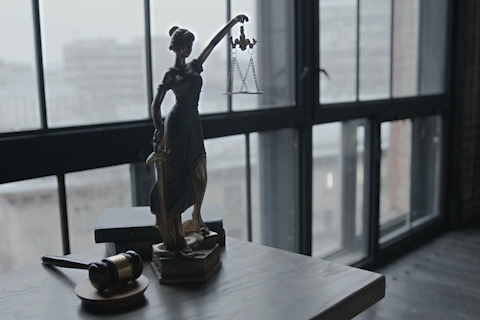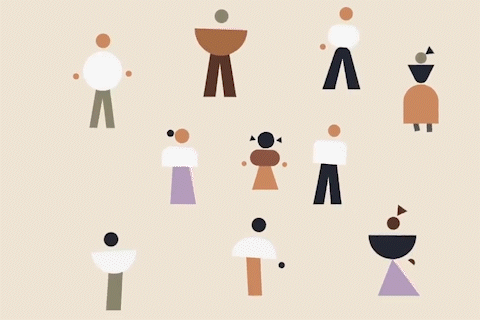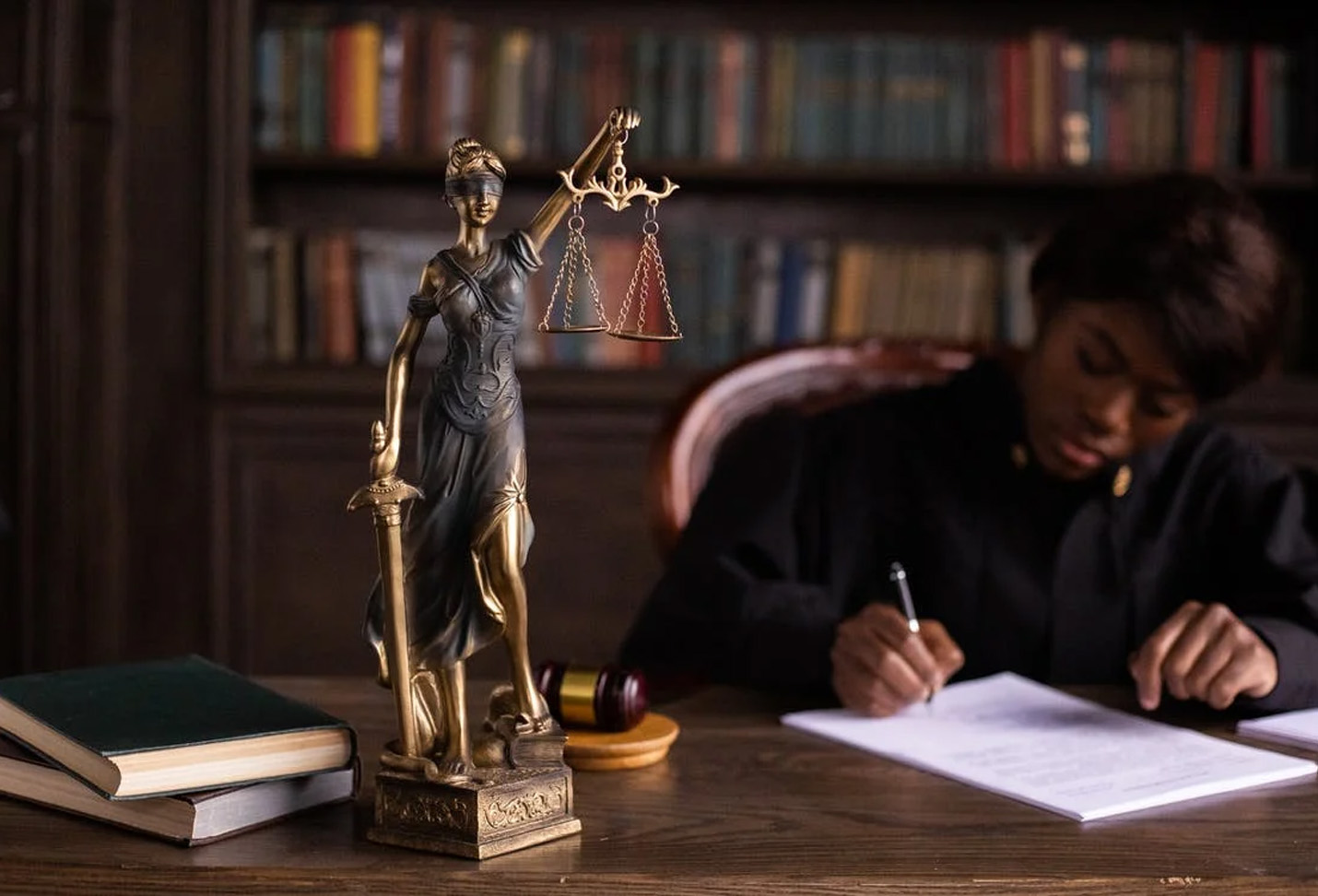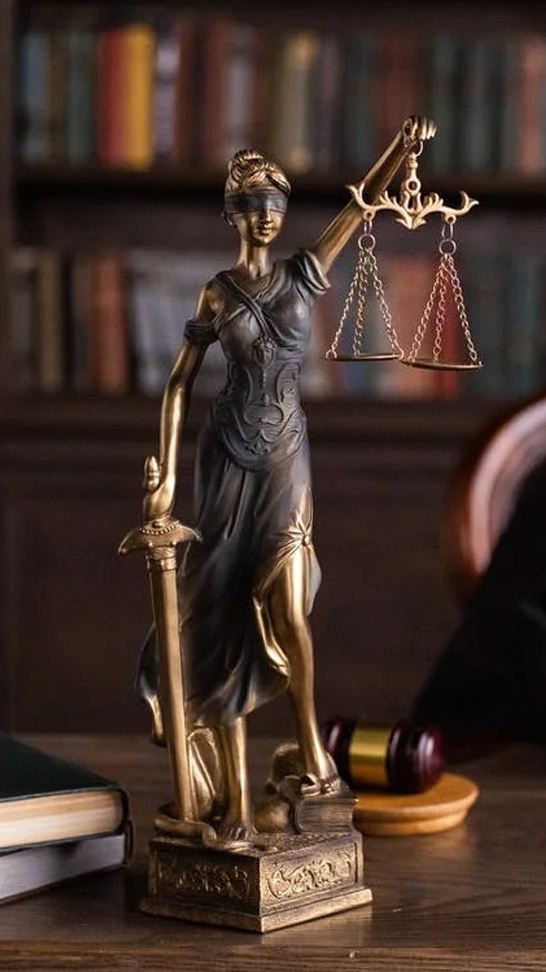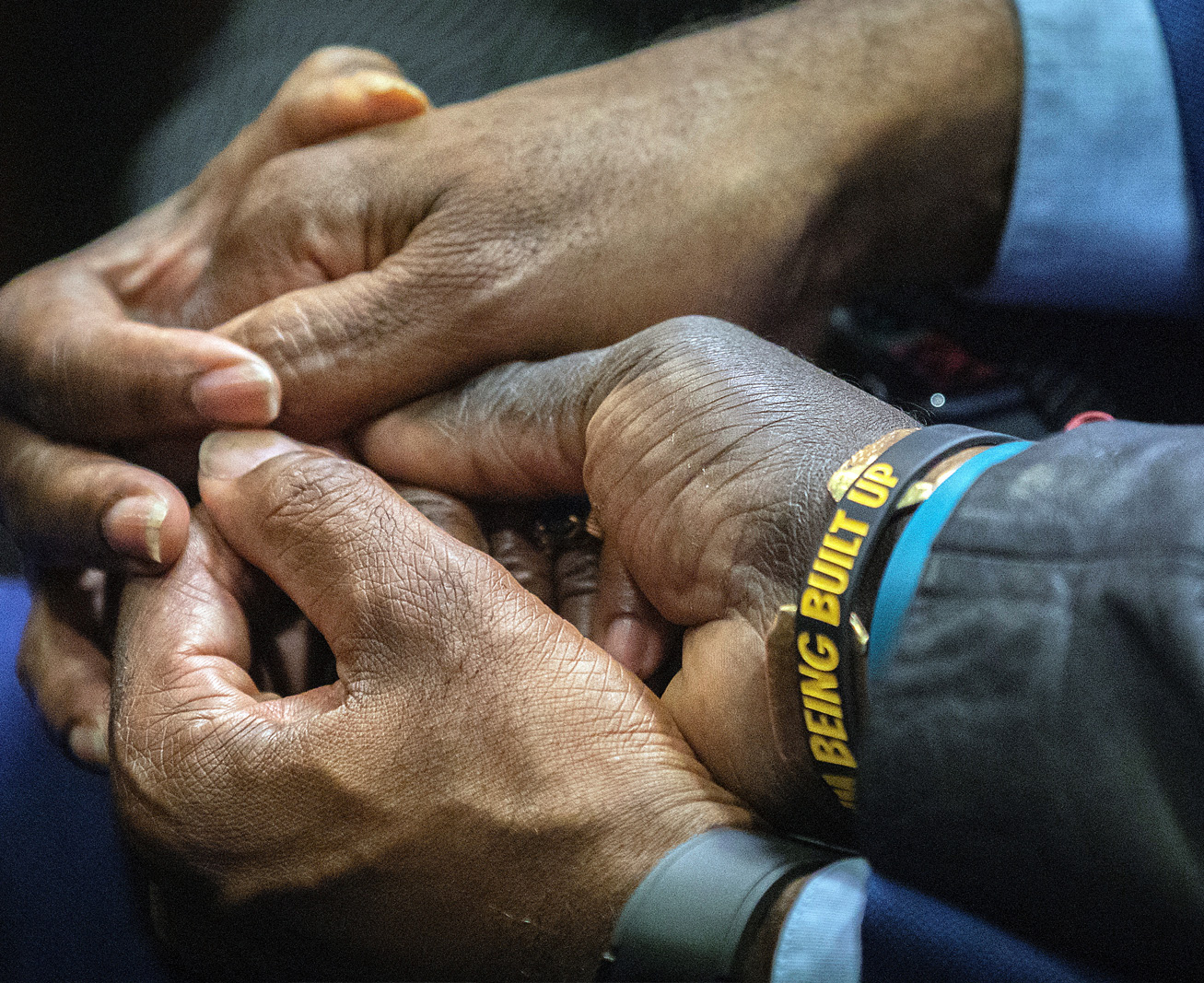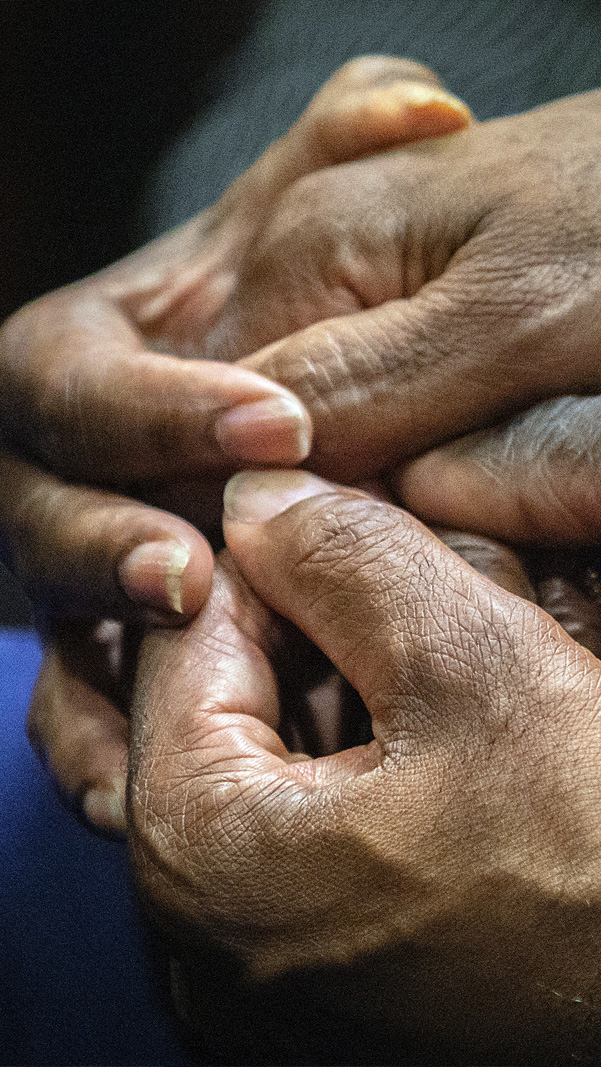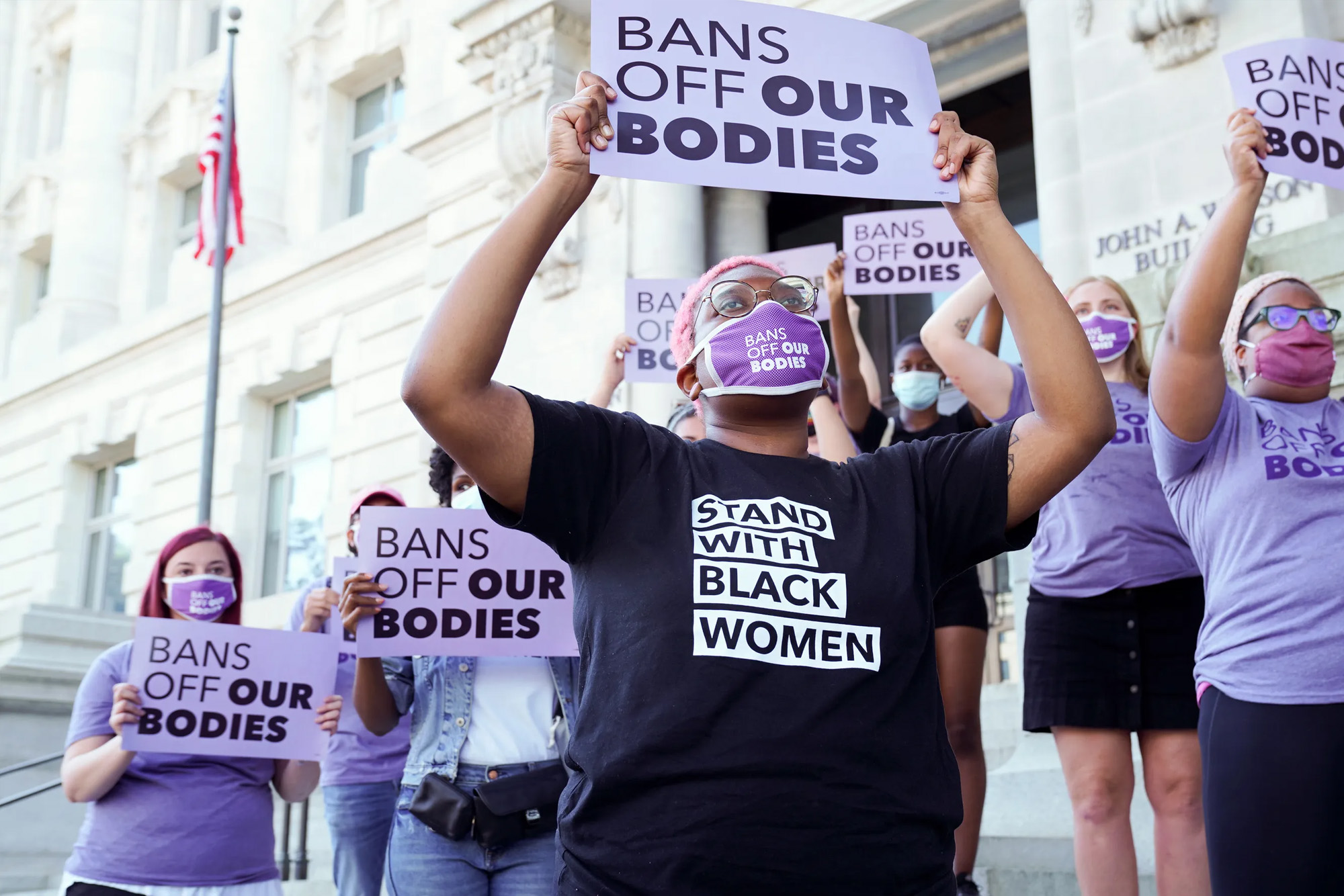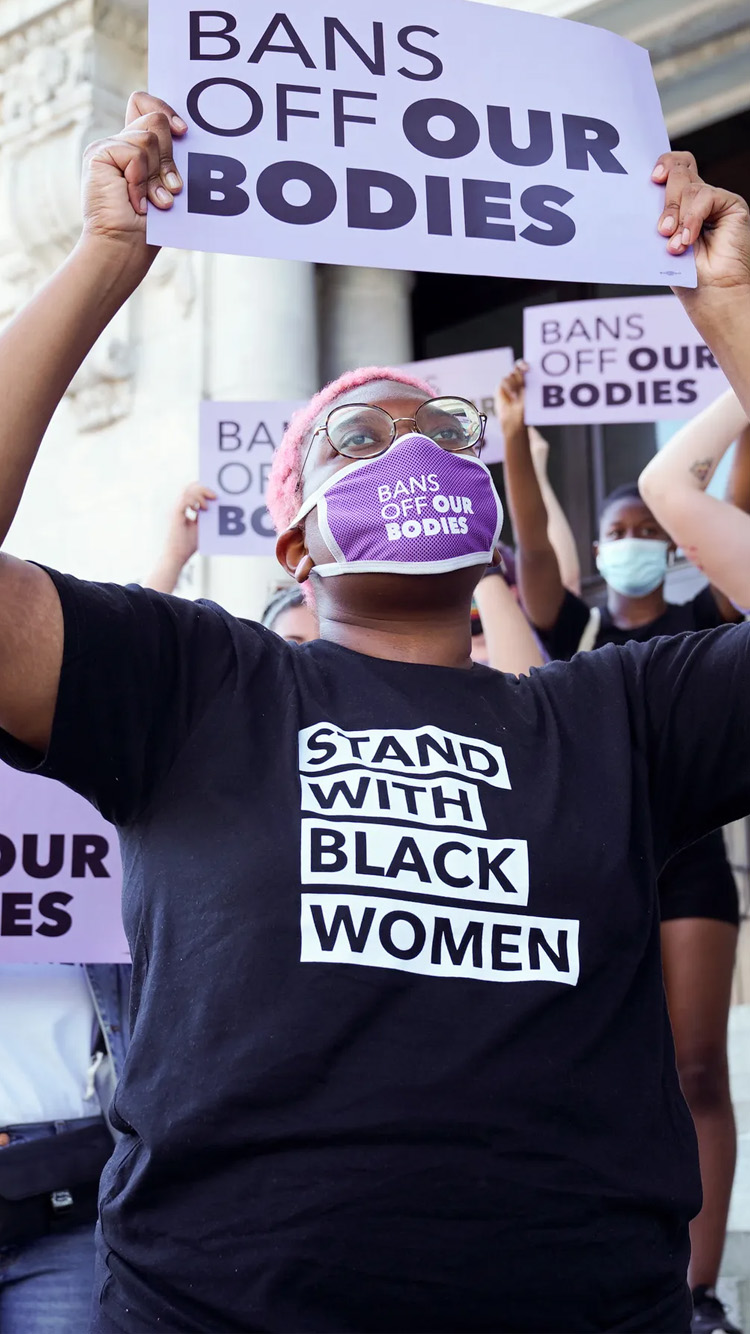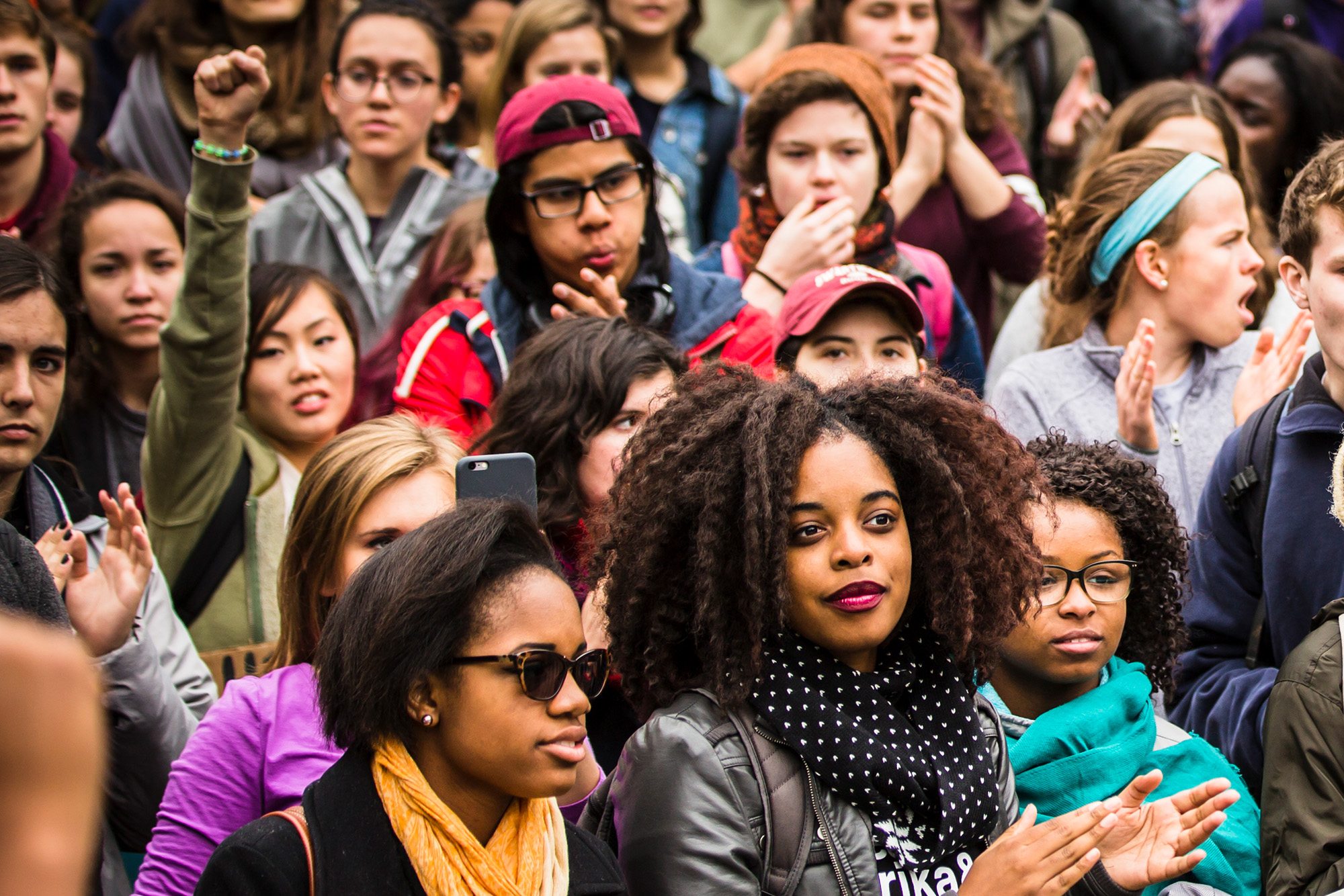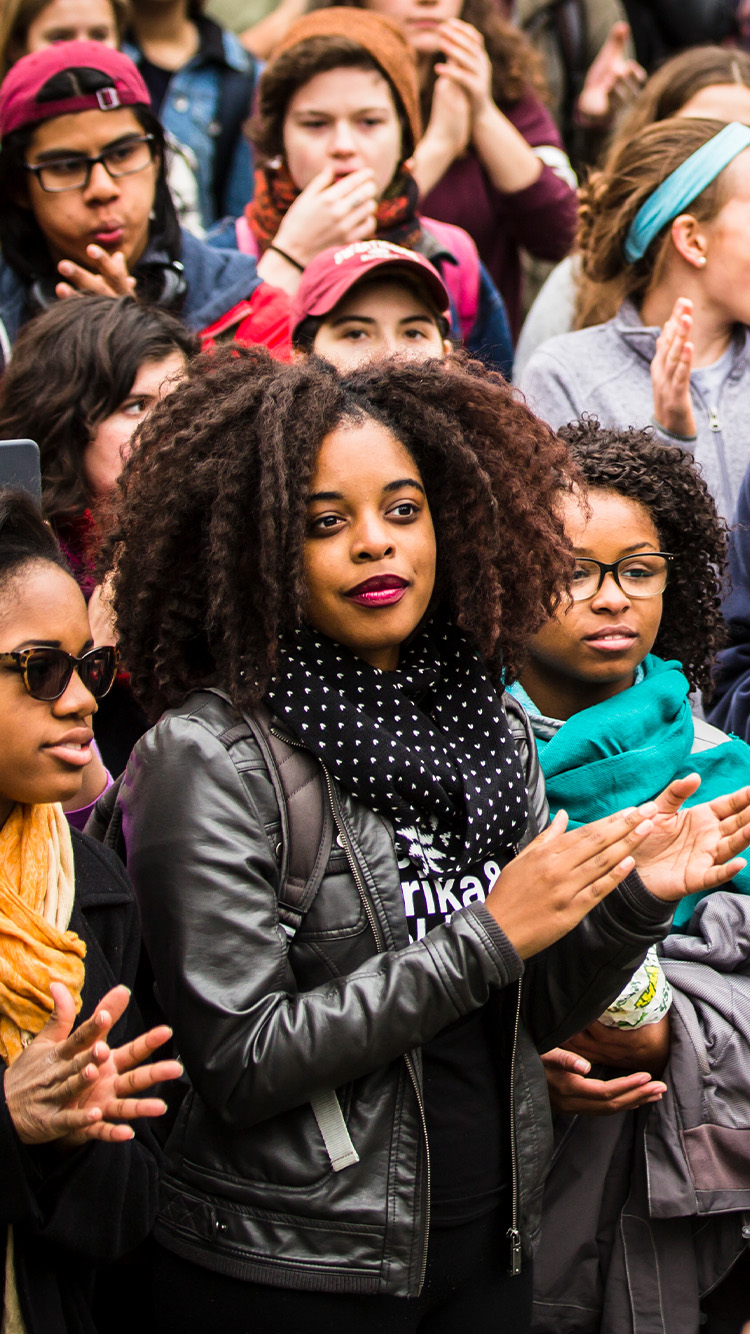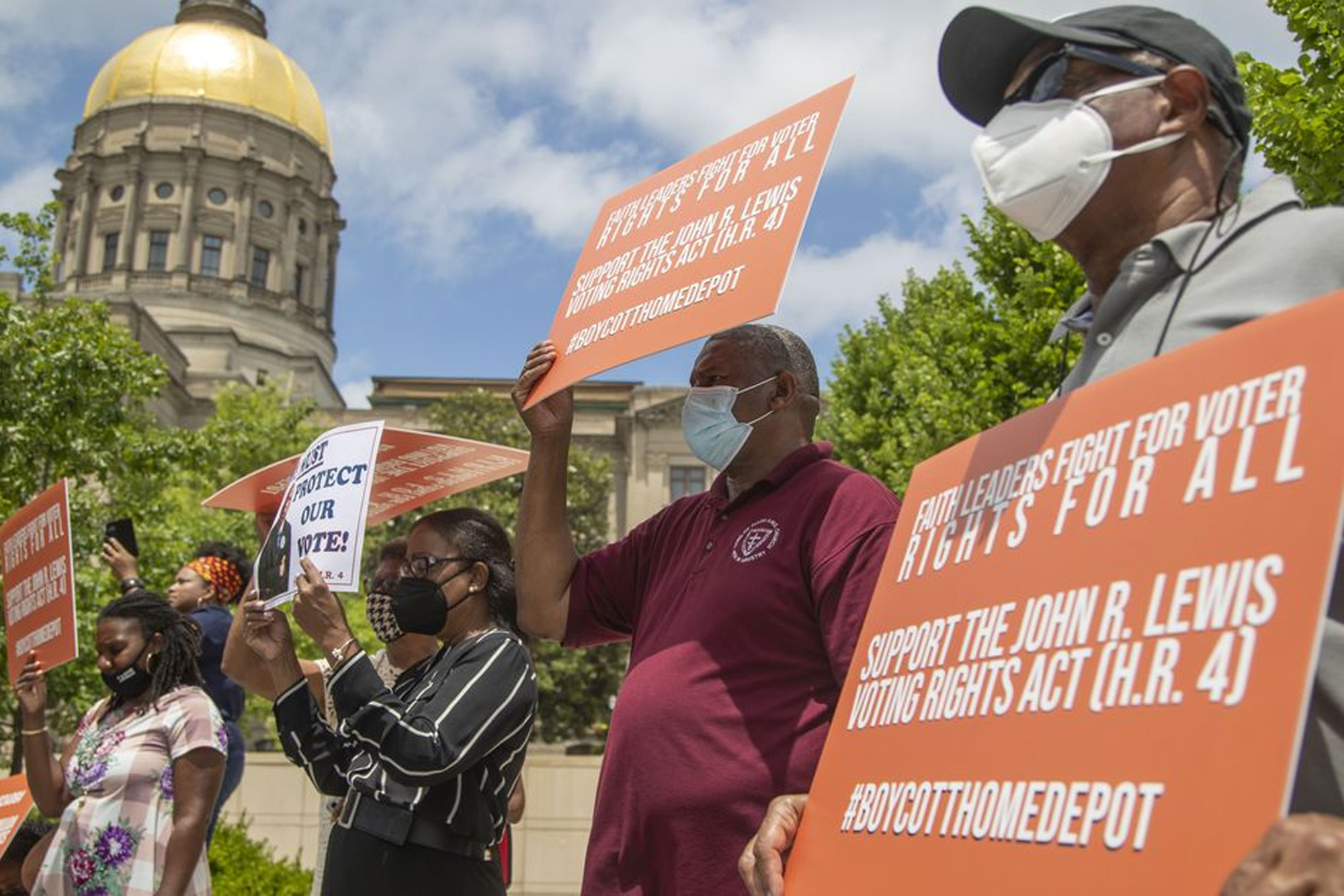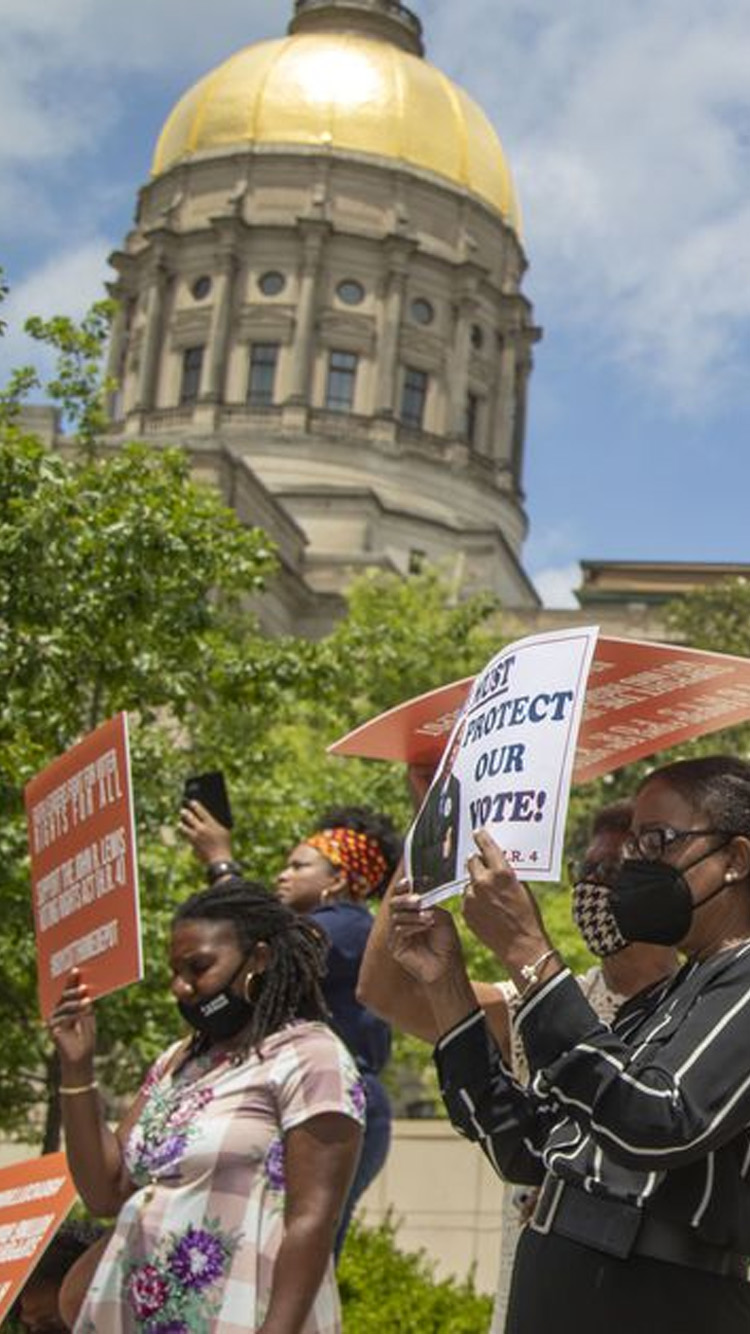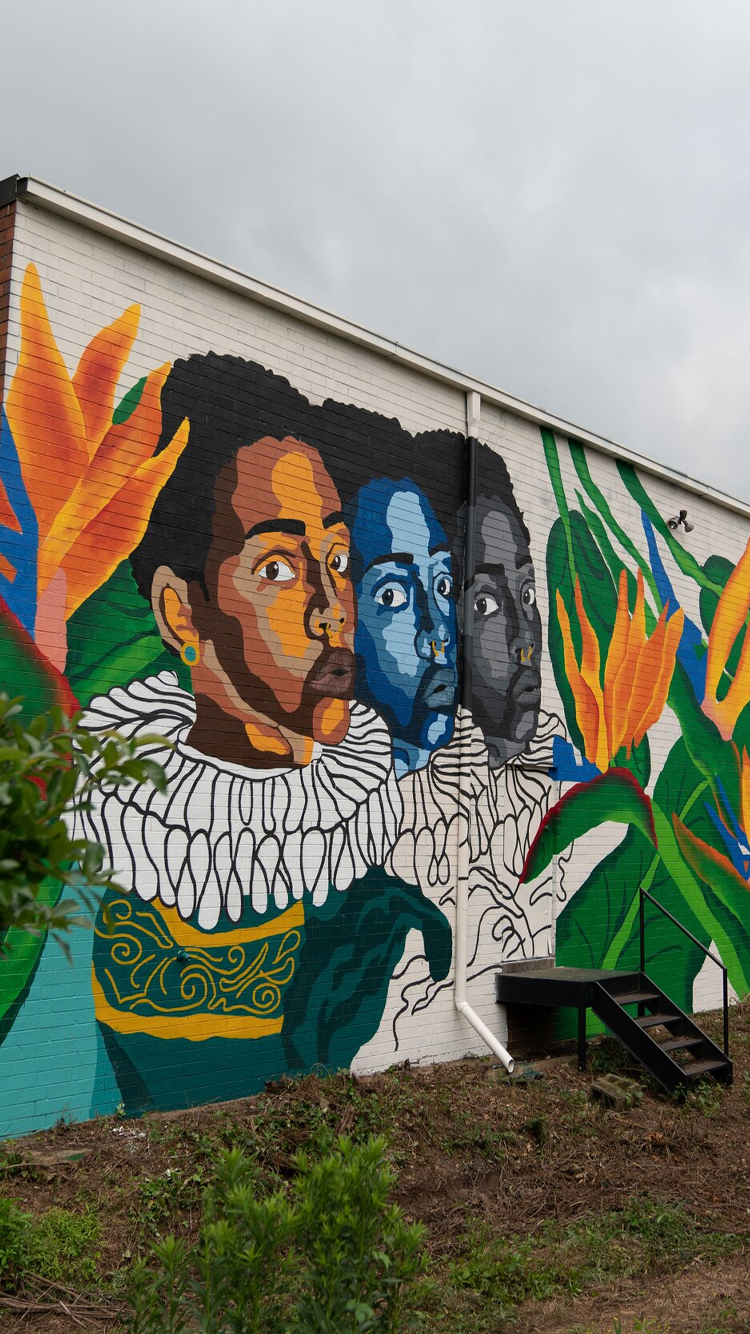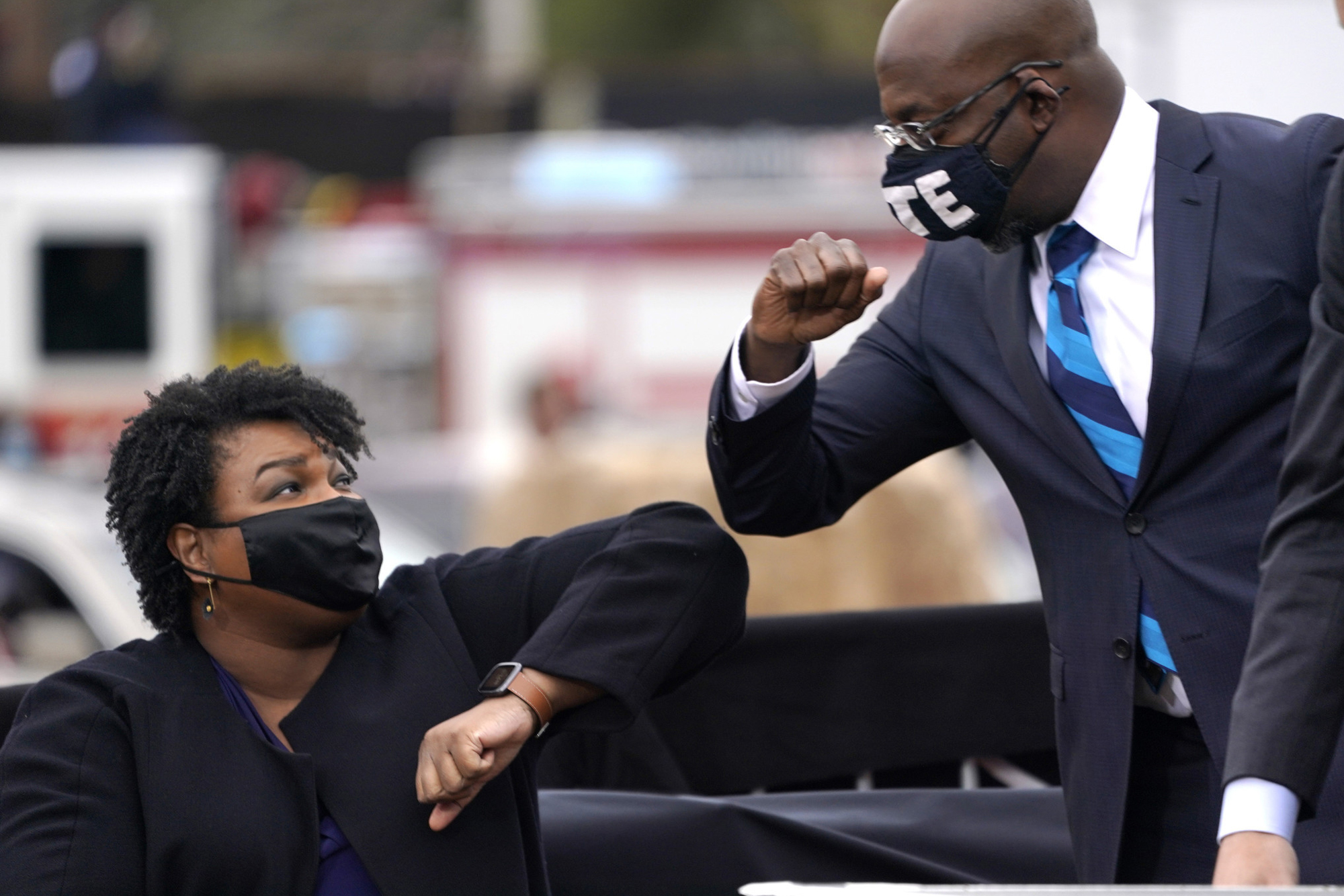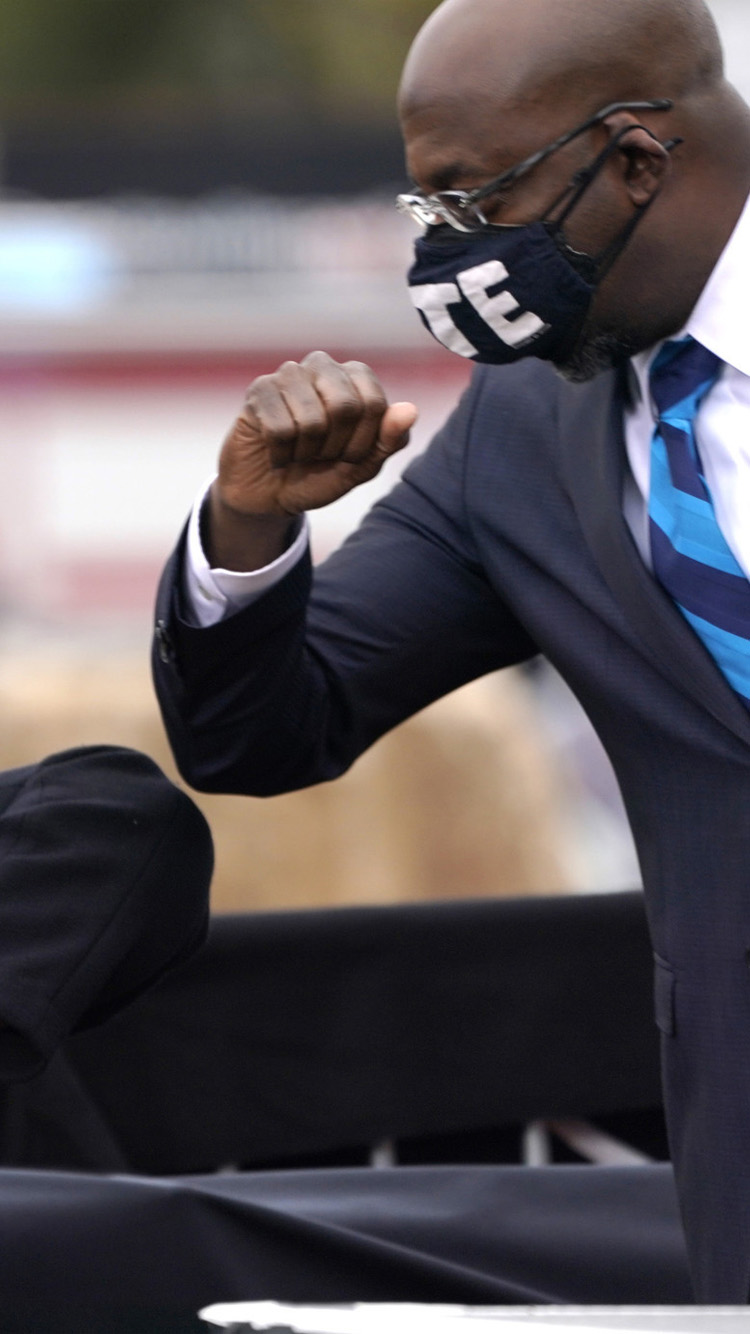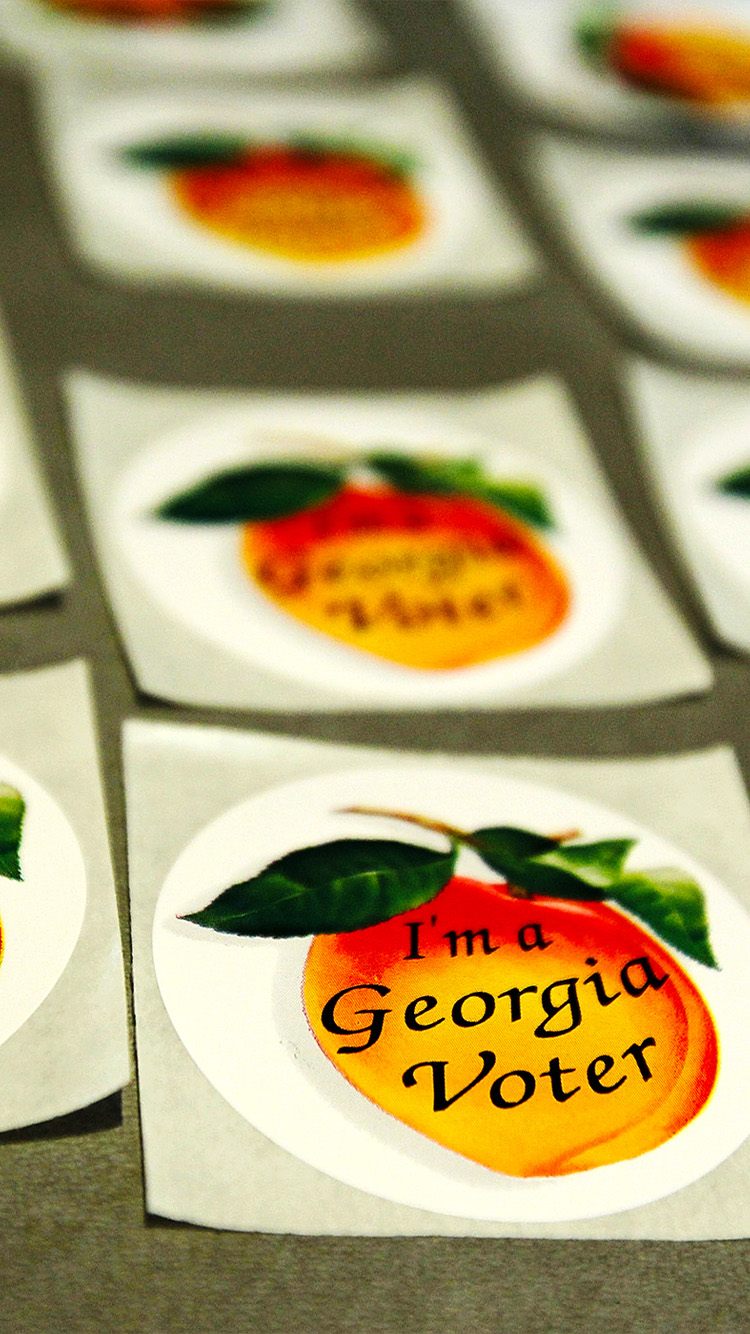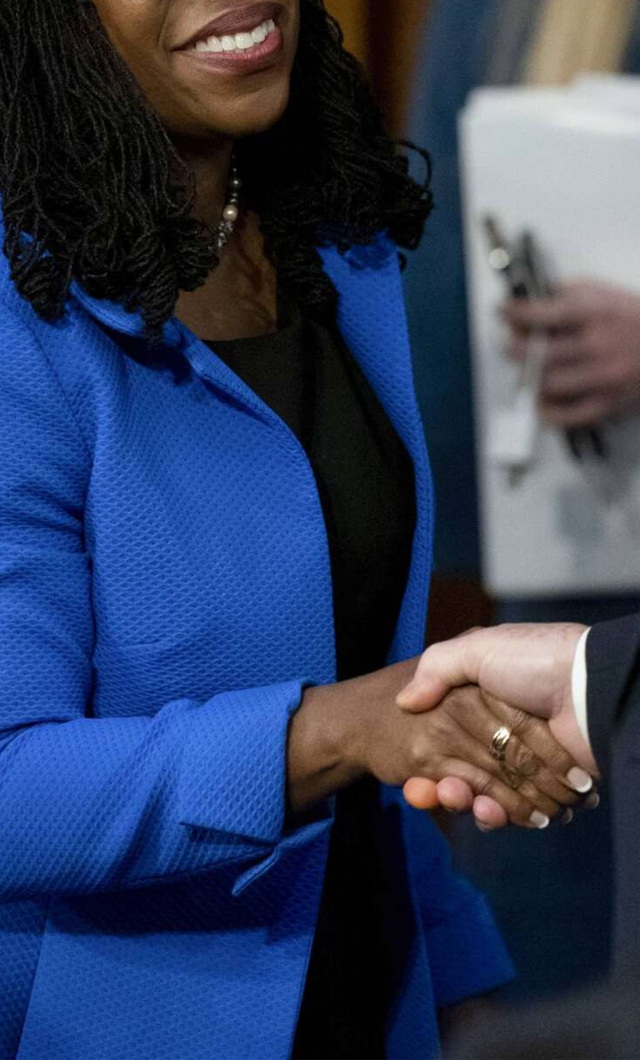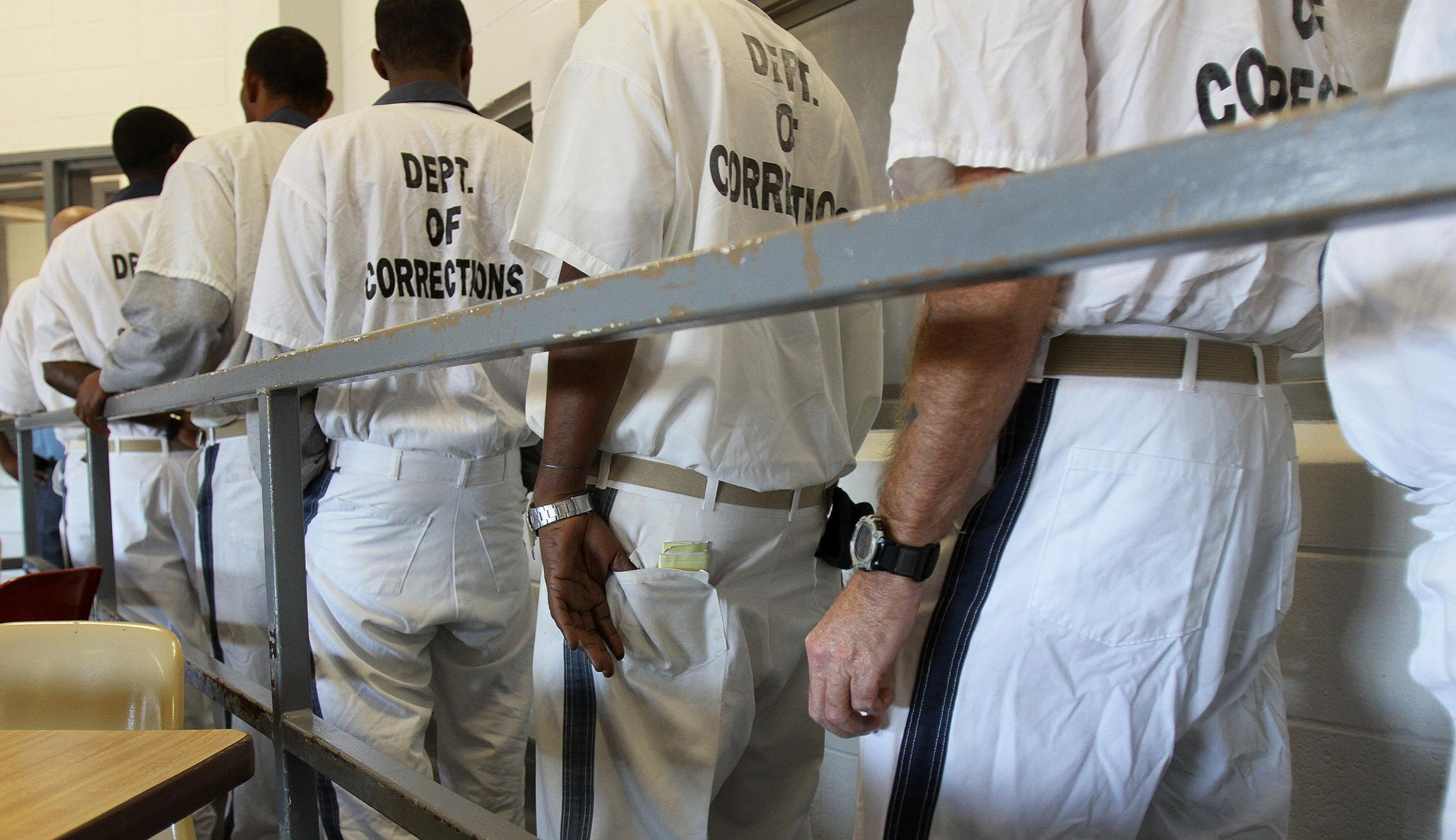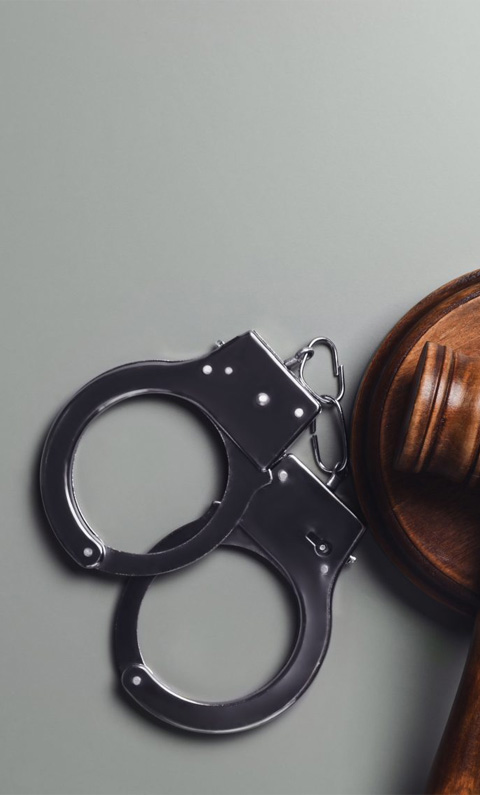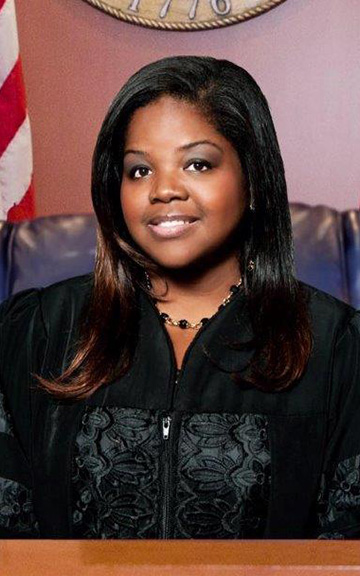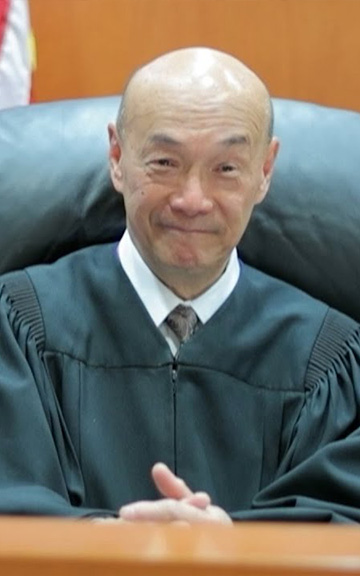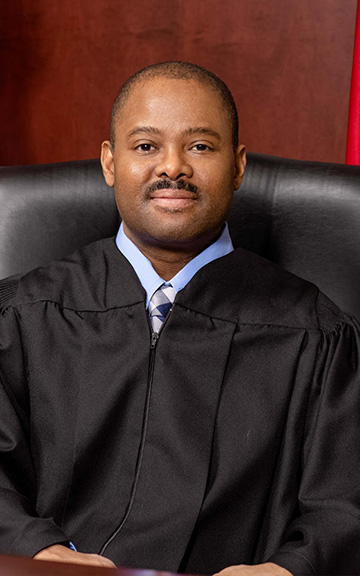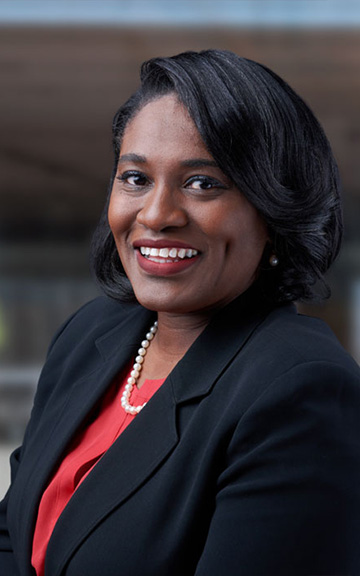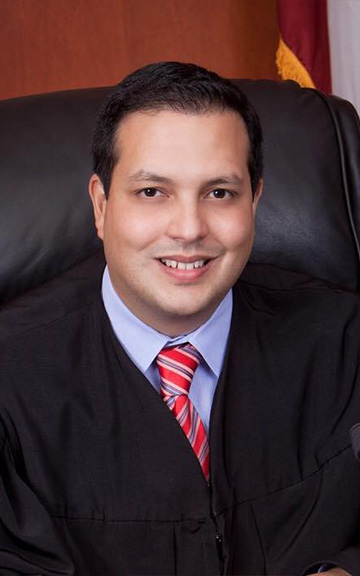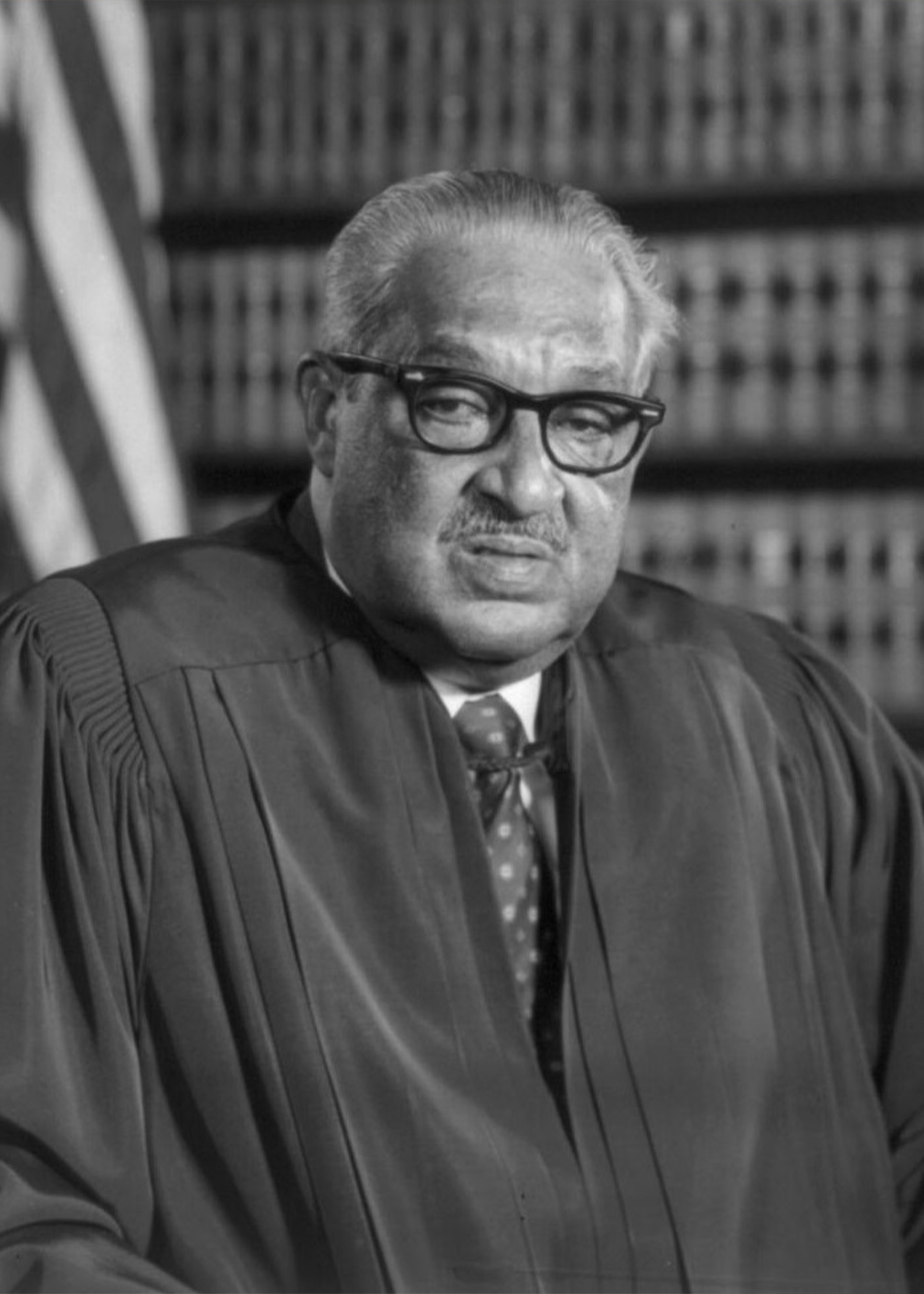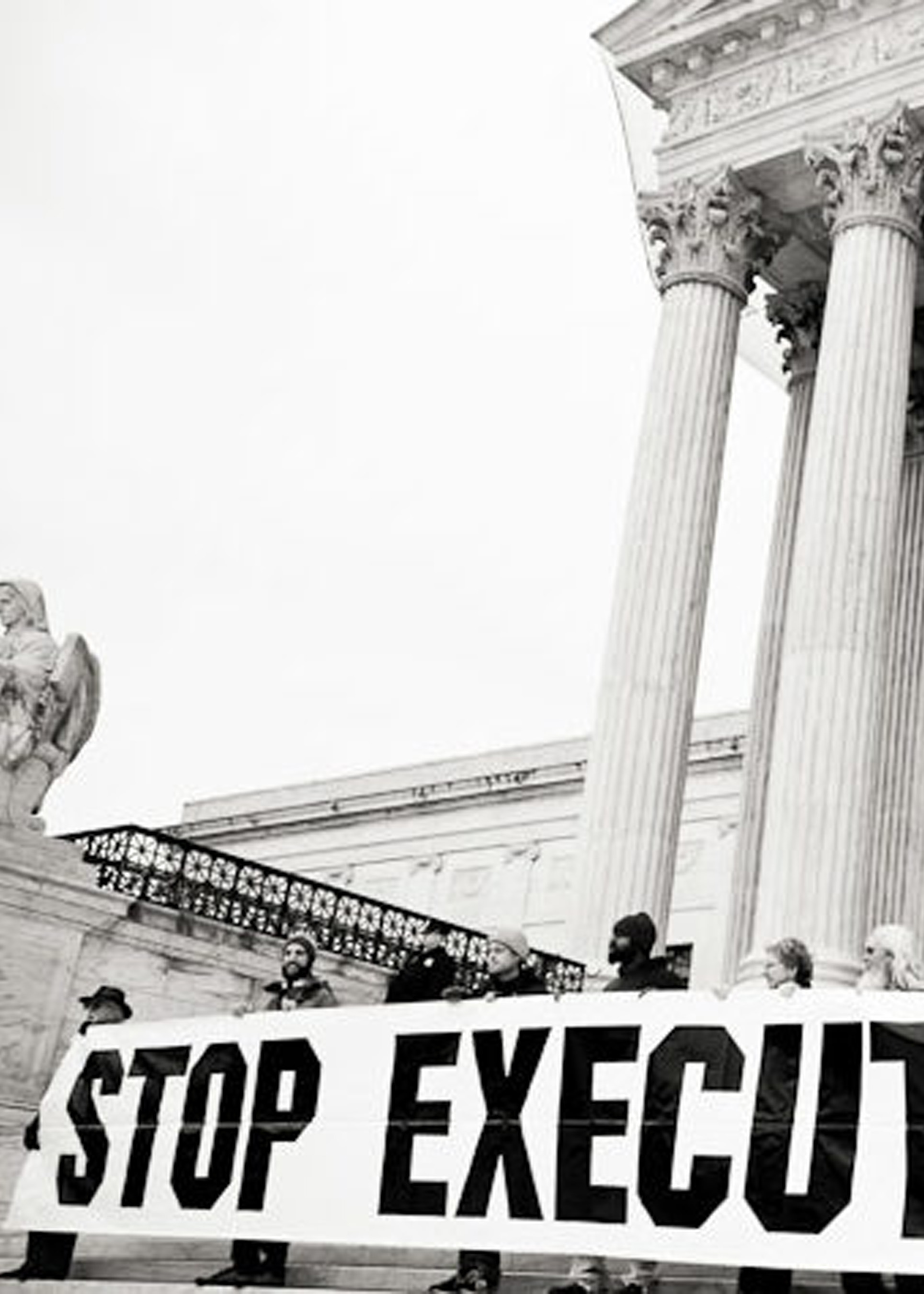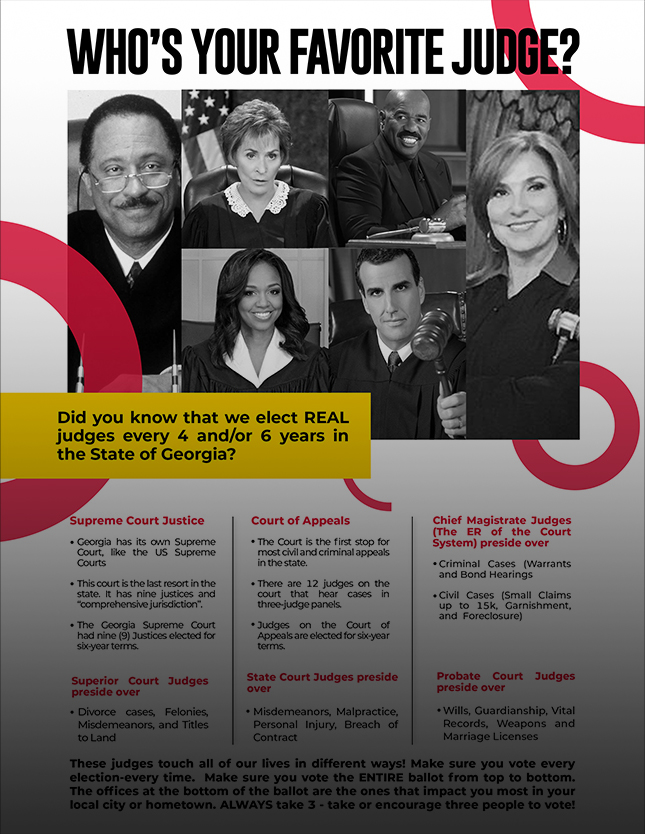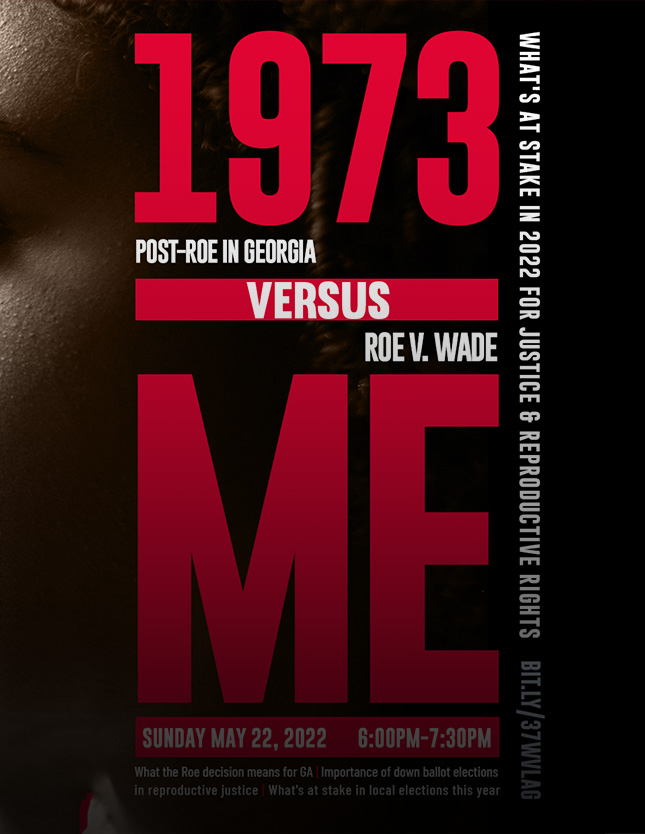Changing the Face of Justice operates with three central priorities: information, access, and action. In addition to providing a hub for voter information and resources, we will design and implement programs with the goal of molding a progressive judiciary appropriate for the 21st century.
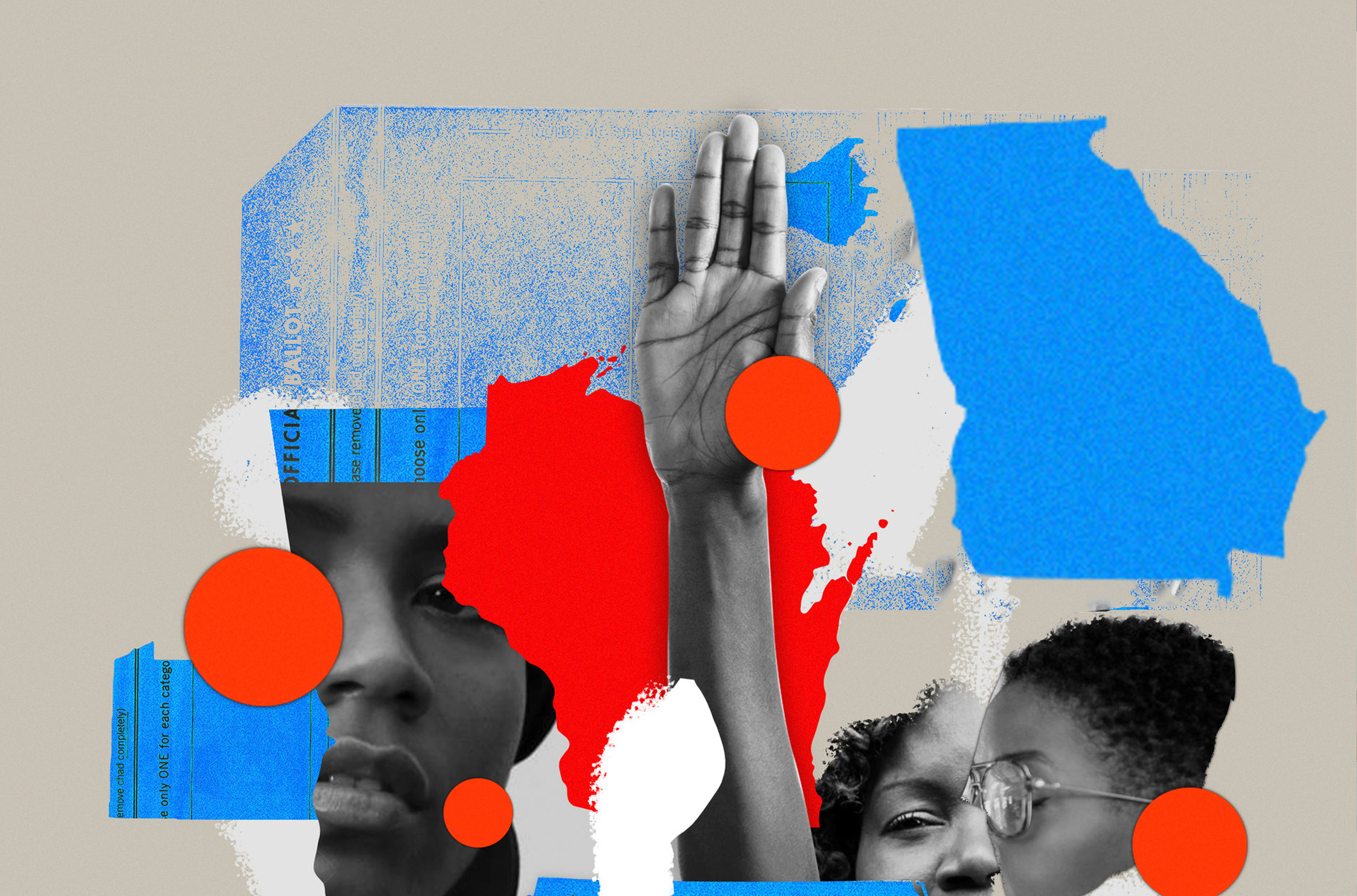
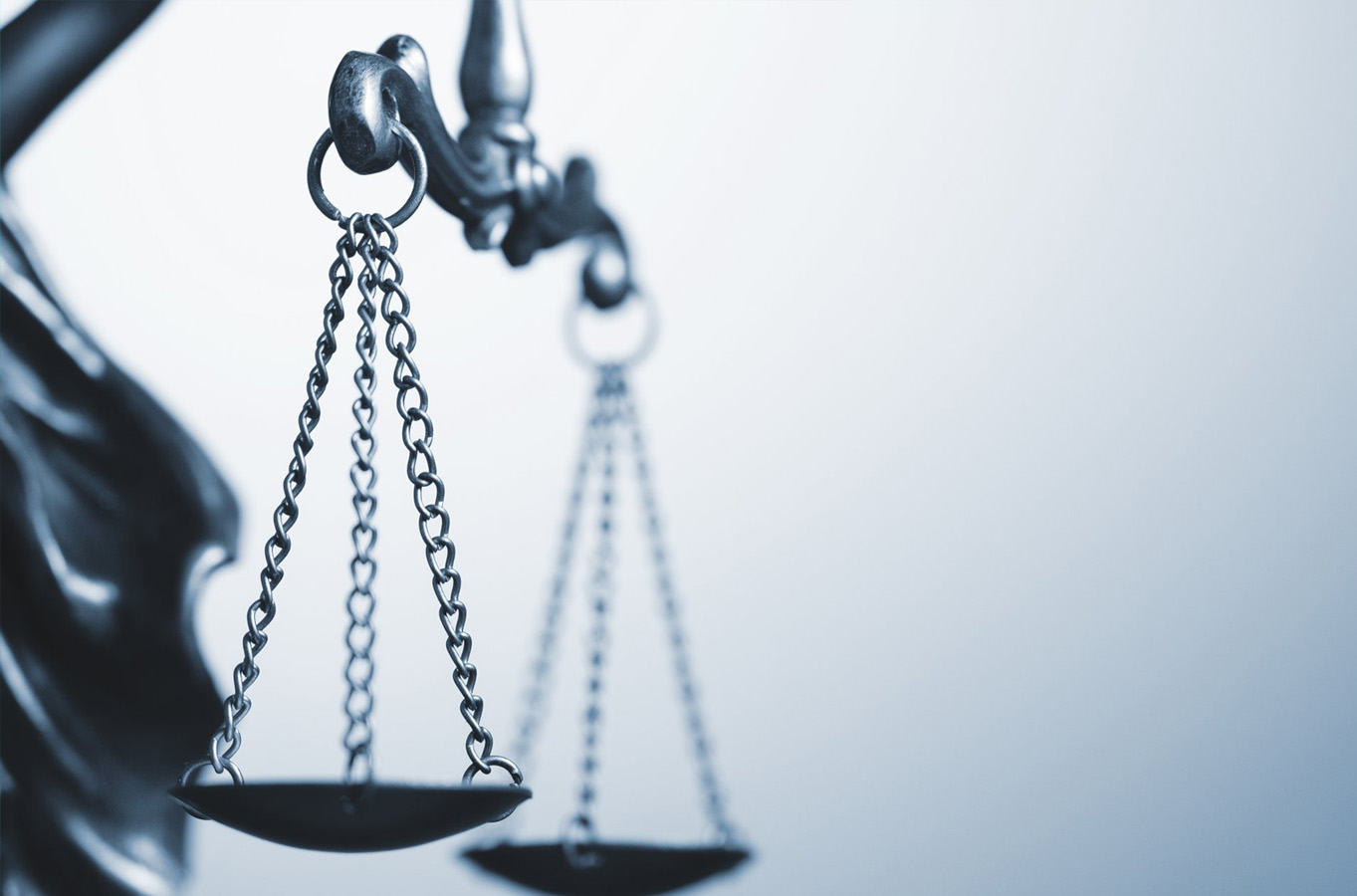
In today’s political landscape, it is essential to understand the background and motivations of judges that assume offices around Georgia. We take it upon ourselves to study and inform our support network about our judges to ensure an even playing field.

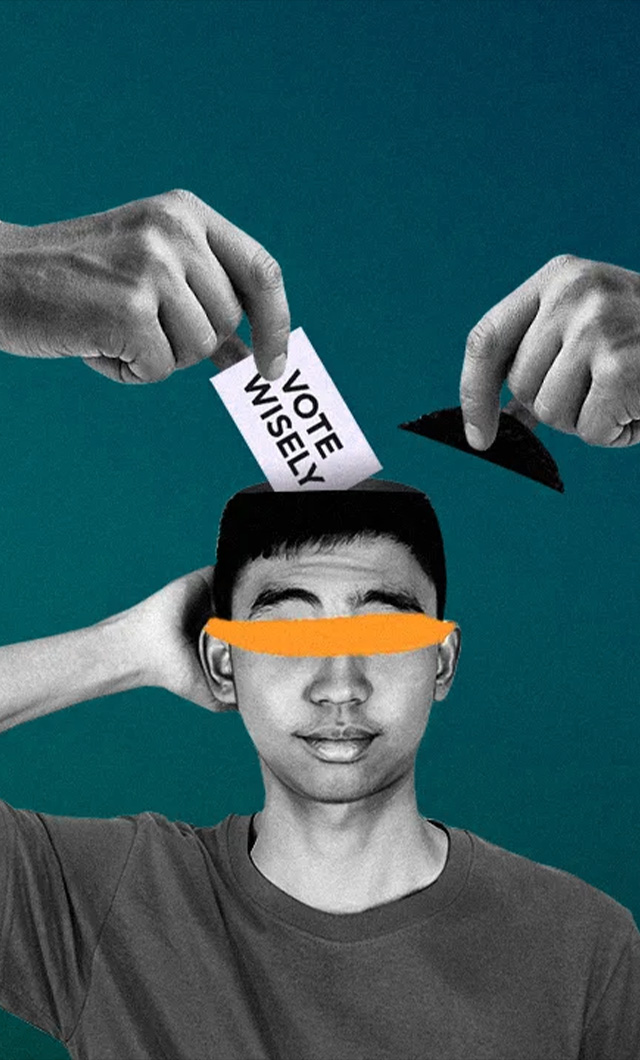
Our initiative starts with the people of Georgia. It is the responsibility of the informed to educate others about the importance of all Georgia elections. Most citizens of Georgia do not vote in judiciary elections, and changing those statistics could make all the difference.
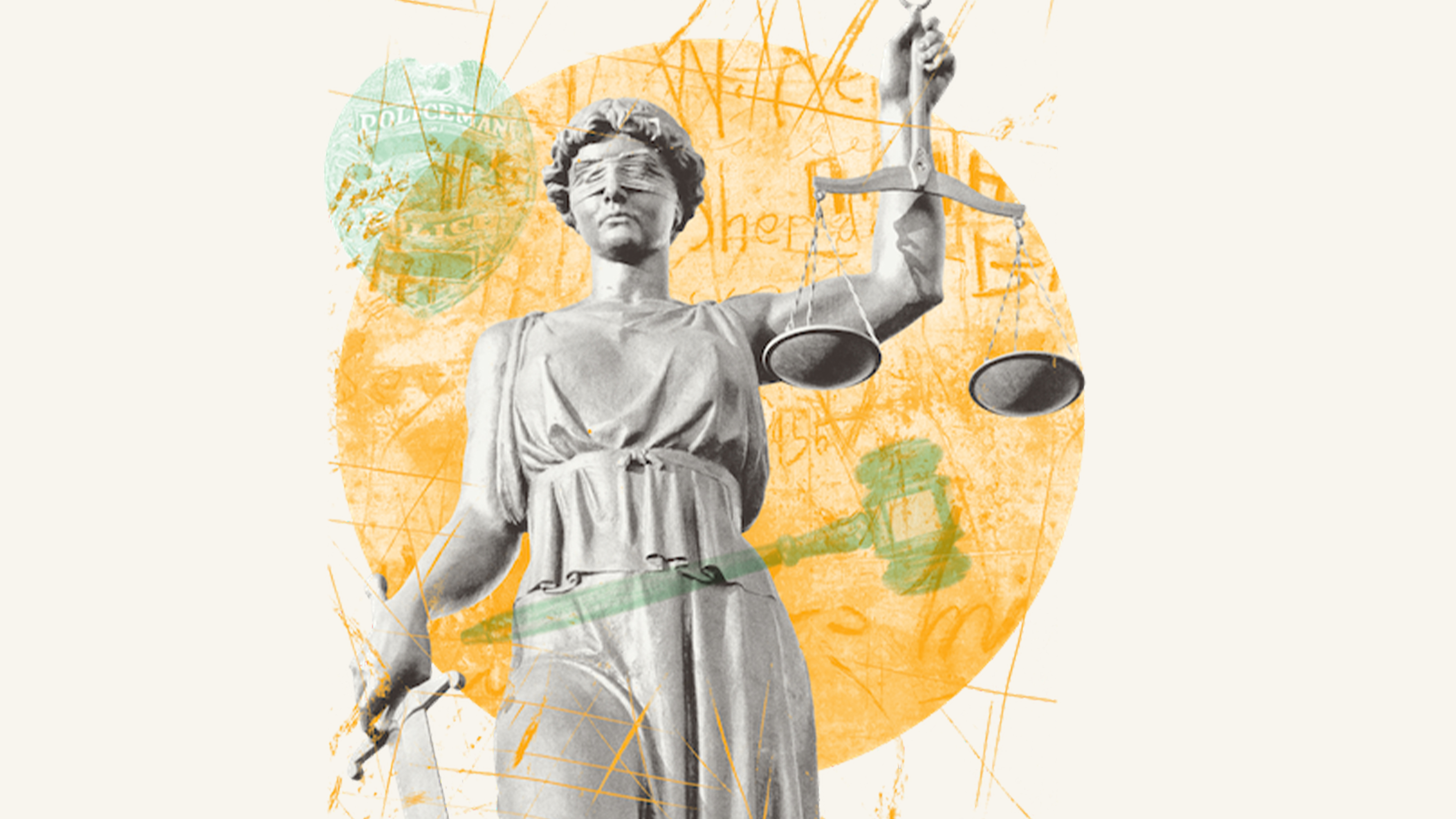

The election of more diverse and progressive district attorneys, solicitor generals and sheriffs across the state is proof that Georgia voters are beginning to appreciate that changing the face of the elected offices is one way to change the system. The stage is set over the next decade for a major overhaul of Georgia’s judiciary by the very instrumentality the state’s founders originally envisioned: the will of the voters.


Voting for civility
Georgia voters get to decide who populates their judicial branch. Due to ballot placement, the public’s lack of knowledge of the impact of these offices and unchallenged incumbencies, voters have underutilized their power to impact representation on the bench. Register now and learn about who's on your ballot.
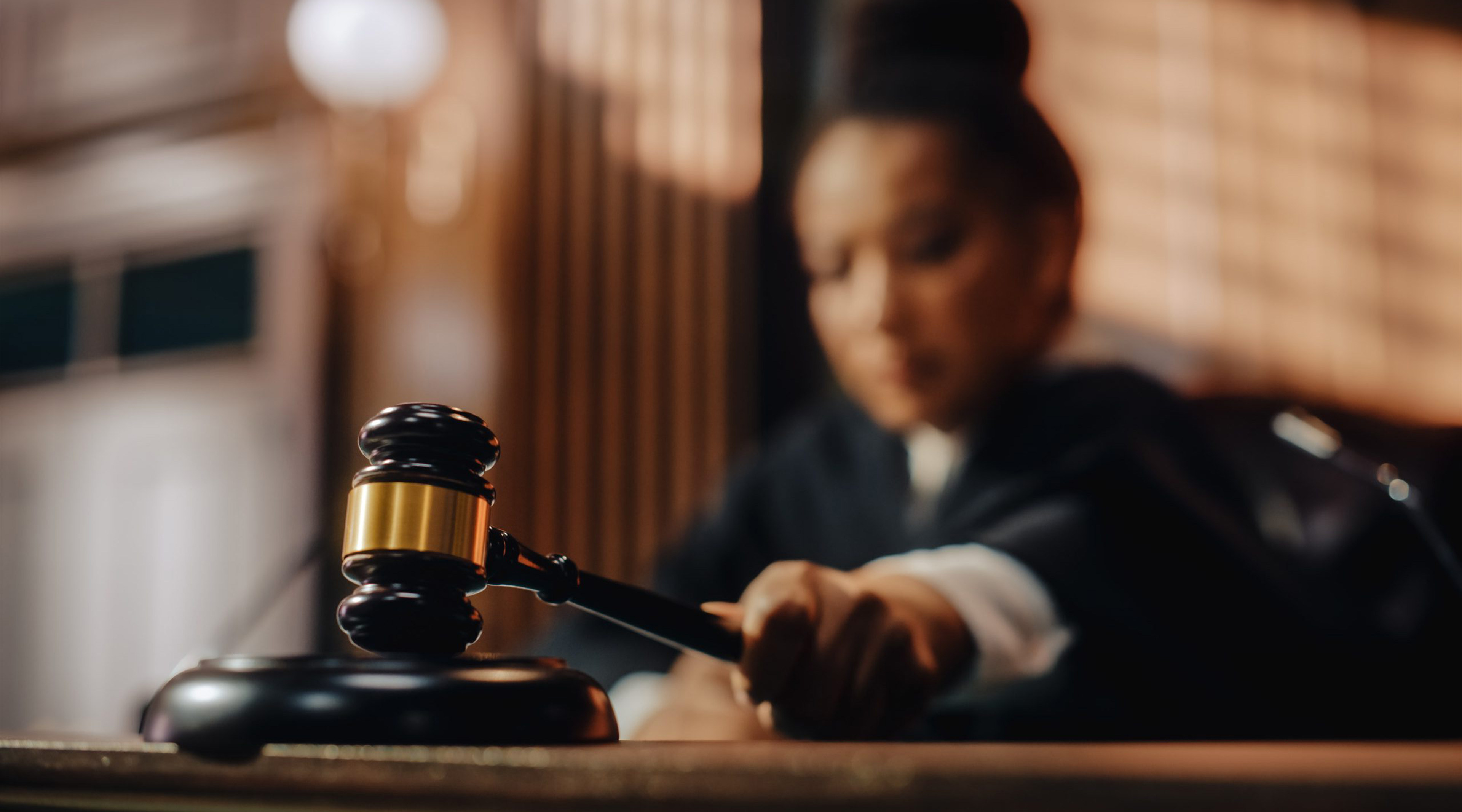
Change
Voting for representation

The Faces
Why Diversity Matters
Changing the world, one justice at a time.

Supreme Court Justice
This court is the last resort in the state. It has nine justices and “comprehensive jurisdiction”. The Georgia Supreme Court had nine (9) Justices elected for six-year terms.
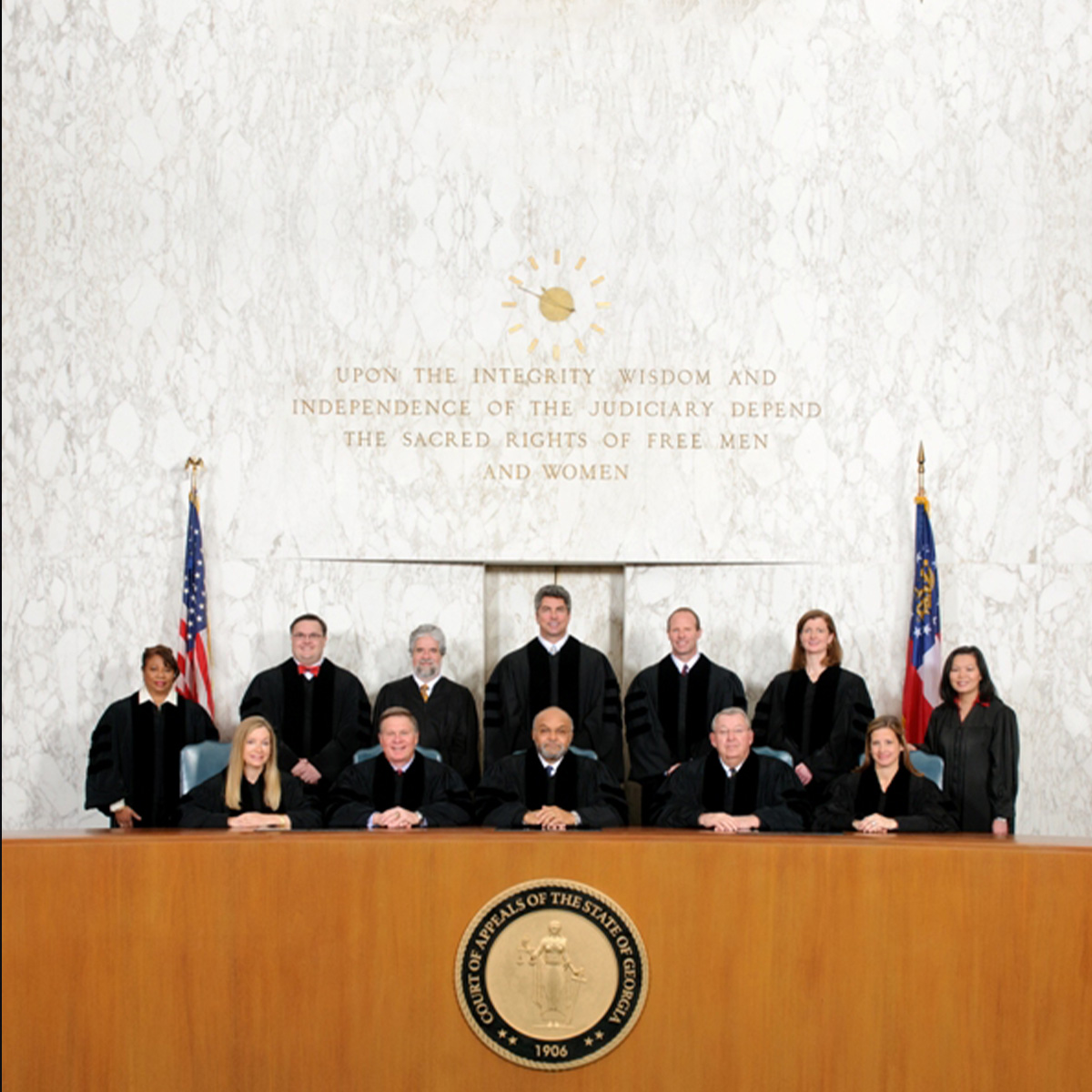
Court of Appeals
The Court is the first stop for most civil and criminal appeals in the state. There are 12 judges on the court that hear cases in three-judge panels. Judges on the Court of Appeals are elected for six-year terms.
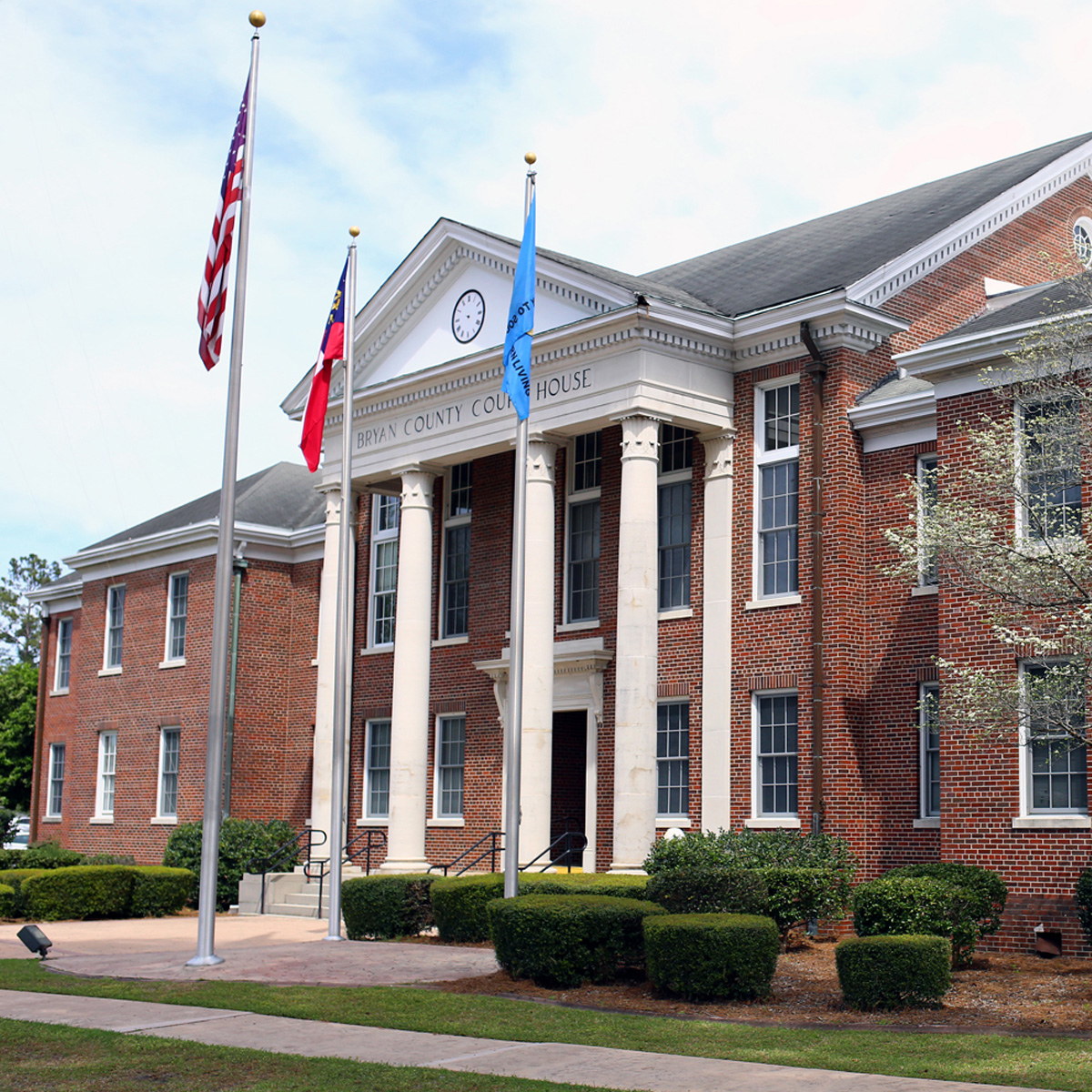
Chief Magistrate Judges
Chief Magistrate judges preside over criminal Cases (warrants and bond hearings) and civil cases (small claims up to 15k, garnishment, and foreclosure).
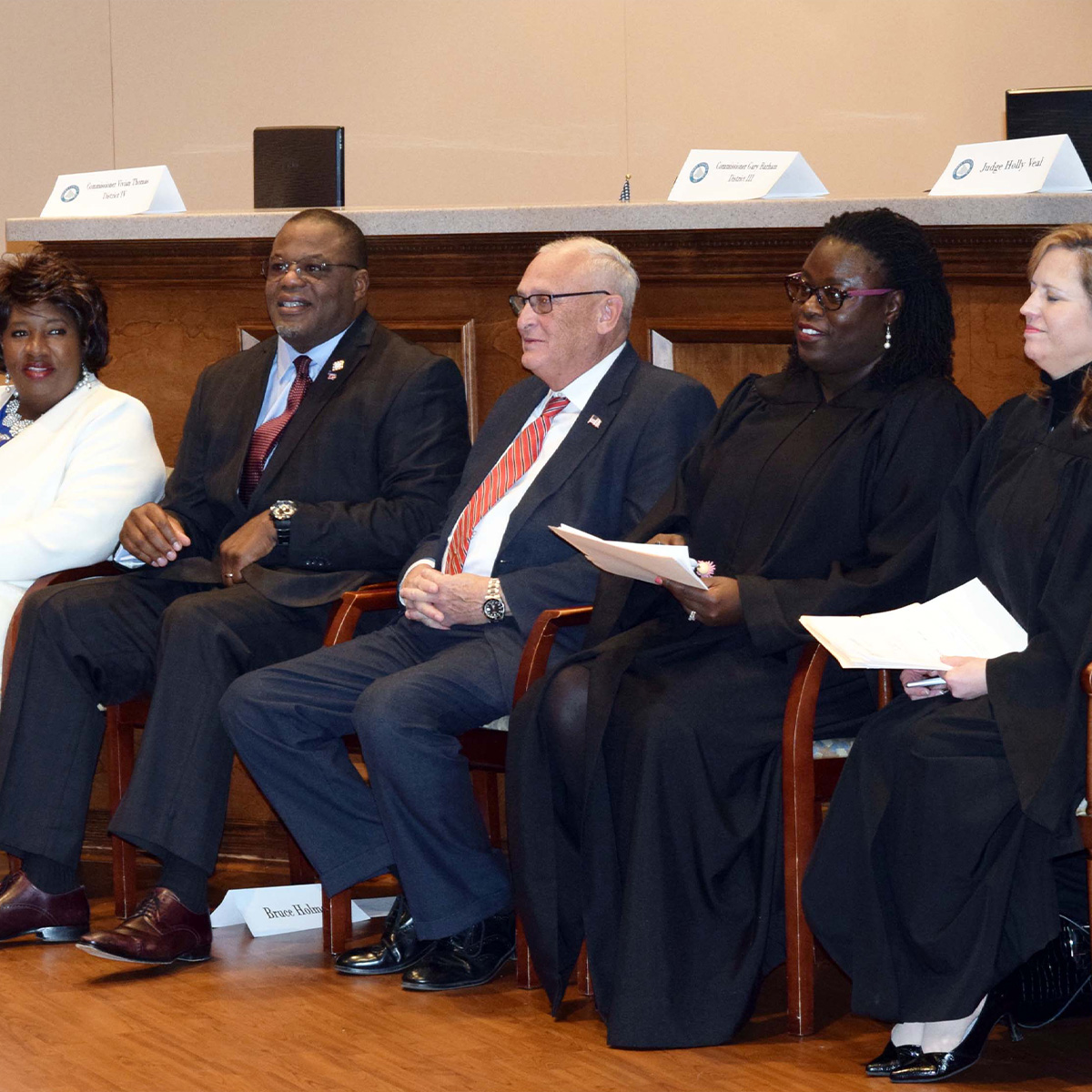
Superior Court Judges
Superior Court judges preside over divorce cases, felonies, misdemeanors, and titles to land.
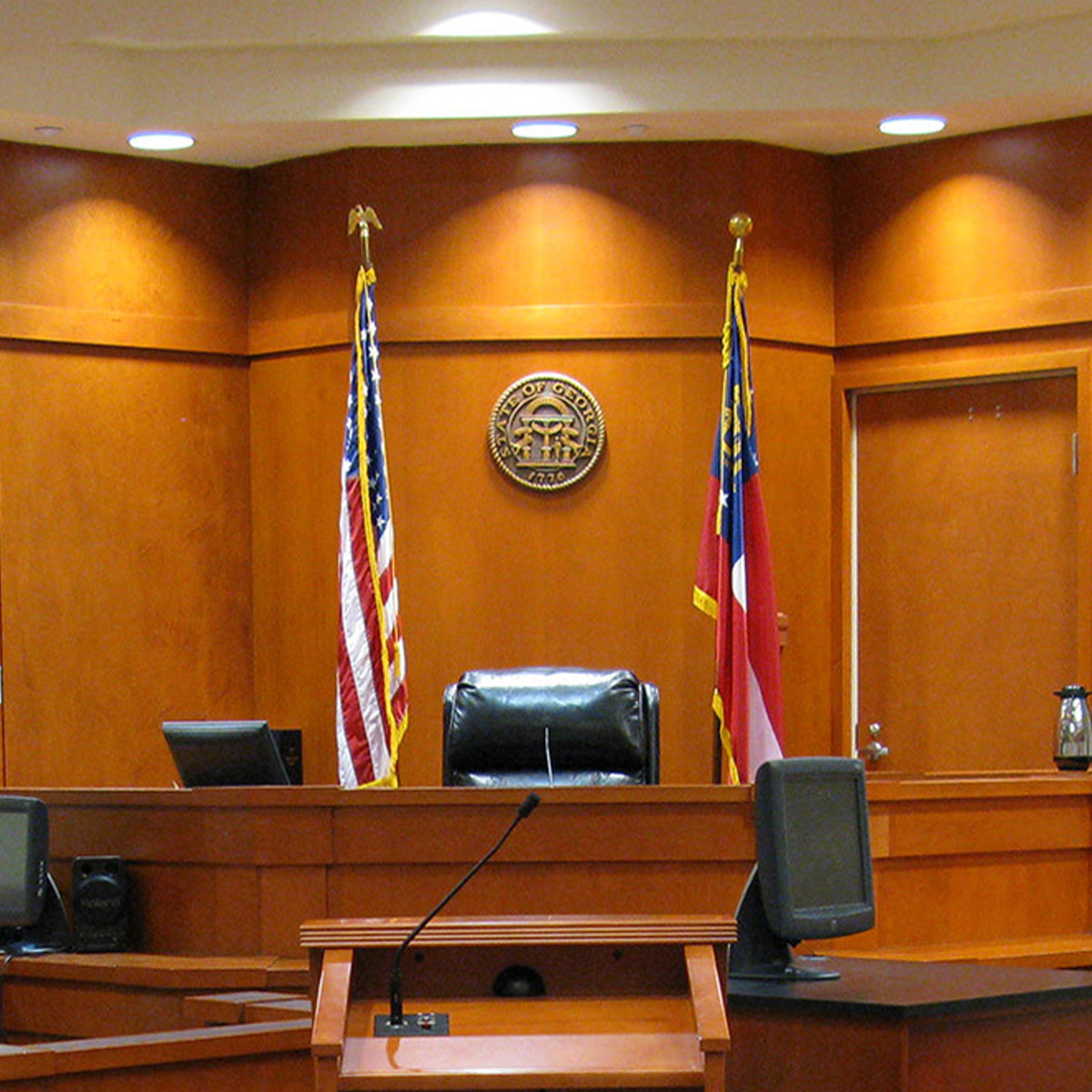
State Court Judges
State court judges preside over misdemeanors, malpractice, personal injury, and breaches of contract.

Probate Court Judges
Probate court judges preside over wills, guardianship, vital records, weapons, and marriage licenses.

Let us help you discover your why's.
Get More Info
